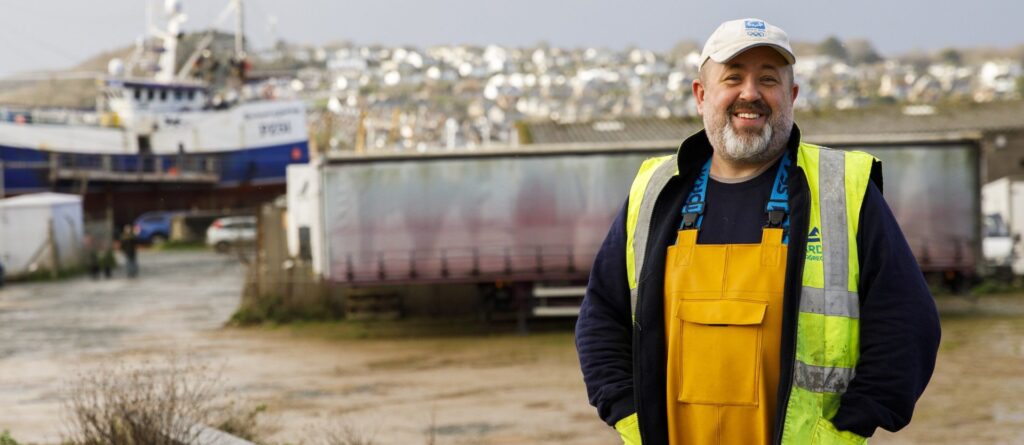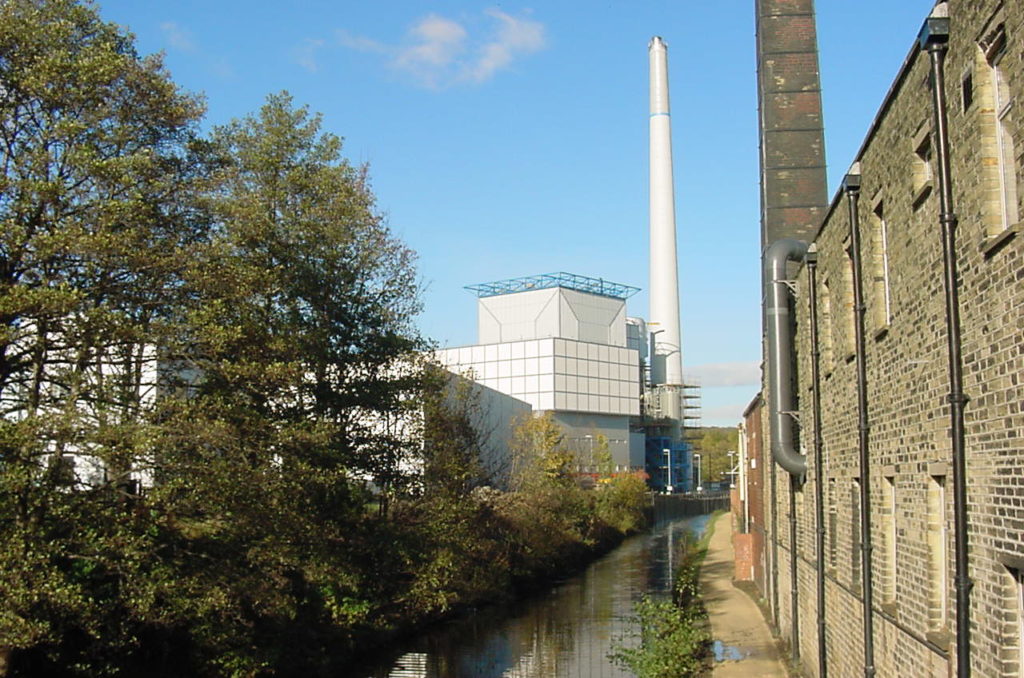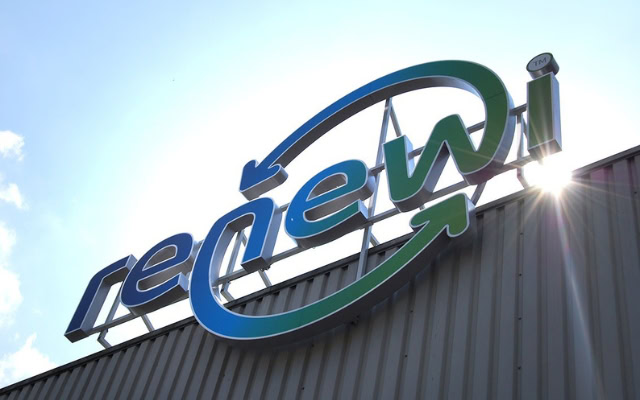The £126,000 loan from SWIG Finance is helping the company to invest in equipment and marketing to help accelerate its growth.
Covering the entire South West region, the £200m investment fund provides loans from £25,000 to £2 million, with equity investment up to £5 million, to help a range of small- and medium-sized businesses to “start up, scale up or stay ahead”.
SWIG Finance manages the smaller loans part of the fund across the region.
Fishy Filaments designs and builds new technologies to recycle end-of-life nylon gillnets and turn them into materials for 3D printing and advanced manufacturing, aiming to transform them from a liability into an asset.
The business said it works directly with commercial fishing fleets to ensure the quality, traceability and continuity of its supply chain. Its filament and pellet products can be used for a range of applications, including homewares, fashion and engineering.
‘Unlocked ability’
Director of Fishy Filaments, Ian Falconer, commented: “Despite an existing register of supportive shareholders, the nationwide lack of access to conventional growth finance for start-ups over the last year or so has really held us back.
“This funding package has unlocked our ability to mobilise and multiply the impact of our existing capital. Since receiving the funds, we’ve already taken on our first new staff member, and it is great to be able to increase our public visibility as well as grow our capacity to deliver our world-leading raw materials made from recycled fishing nets.”
‘Reducing marine pollution’
SWIG’s business manager, Rachel Thomson, commented: “Fishy Filaments is an outstanding business which is working tirelessly to reduce marine pollution. Ian’s innovative method for converting waste into filaments doesn’t use chemicals so it is much better for the environment than traditional plastics manufacturing.”









Subscribe for free